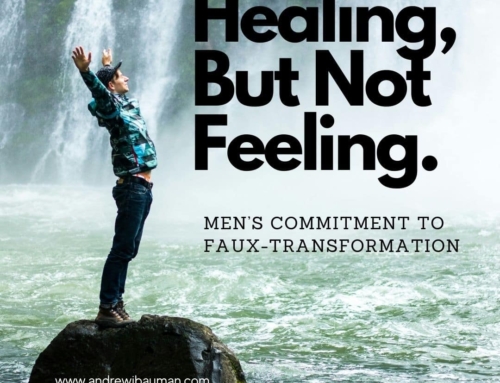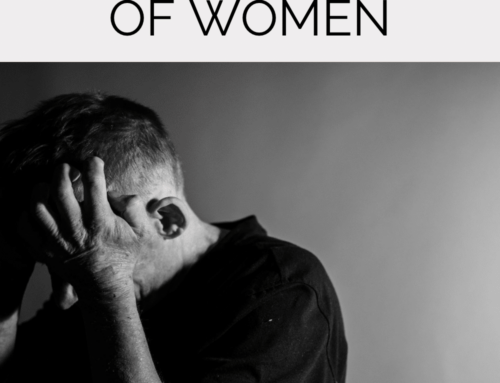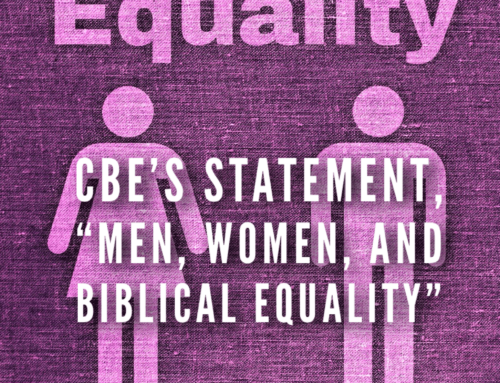Genesis 1-3 offers a unique view of gender roles within marriage. Genesis 1:27 begins with “God created man in his own image, in the image of God he created him; male and female he created them.” Males and females are both uniquely image-bearers of God, and in that, both deserve equality and mutual respect. God is not limited to gender, and though it is culturally normative to refer to God as “he”, God is no more “he” than “she”. Both genders uniquely bear God’s glorious face. This view of gender takes away the view of hierarchy in marriage and allows for equal submission to each other’s glory; to the way, each bears God’s image. Knowing this truth can foster curiosity and wonder toward the other partner and a desire to seek God’s image in the other.
Genesis 2:18 states, “Then the Lord God said, “It is not good that the man should be alone; I will make him a helper fit for him.” Let’s first address the word “helper” before we talk about partnership and loneliness.
In John Walton’s commentary on Genesis, he speaks to the word “helper” (ezer) in the Old Testament:
The word “helper” is common enough as a description of someone who comes to the aid of or provides a service for someone. It carries no implications regarding the relationship or relative status of the individuals involved. In fact, the noun form of the word found in this verse as used elsewhere refers almost exclusively to God as the One who helps his people. If we expand our investigation to verbal forms, we find a continuing predominance of God as the subject, though there are a handful of occurrences where people help people. In this latter category, we find people helping their neighbors or relatives (Isa. 41:6), people helping in a political alliance or coalition (Ezra 10:15), and military reinforcements (Josh. 10:4; 2 Sam. 8:5). Nothing suggests a subservient status of the one helping; in fact, the opposite is more likely. Certainly “helper” cannot be understood as the opposite/complement of “leader.” (John H. Walton, Genesis (The NIV Application Commentary) (Grand Rapids: Zondervan, 2001), 176.)
Philip Payne writes in his book Man and Woman: One in Christ that, “The noun used here [ezer] throughout the Old Testament does not suggest ‘helper’ as in ‘servant,’ but help, savior, rescuer, protector as in ‘God is our help.’ In no other occurrence in the Old Testament does this refer to an inferior, but always to a superior or an equal…’ help’ expresses that the woman is a help/strength who rescues or saves man.
How did this poor translation become one of the defining principles in how we view women and roles in marriage? What if we took this text for what it actually said? What if we honored and viewed women as protectors, rescuers, and, yes, at times potential saviors? Of course, we could take this idea to the other unhealthy extreme and view women as “all-powerful” and or as “deities”. That would be dehumanizing as well and is not what I am arguing for. What we need is for women to take a proper place in our theological framework that is not sexist or demeaning of an image-bearer of God, but holding our view of women in its rightful high place.
This framework sets up equality in marriage that I believe is God’s design. A true partnership looks like each working together side by side giving and receiving pleasure. We must remember Adam had a perfectly sinless relationship with the Lord and “walked with him in the cool of the day“, yet Adam was still lonely; a partner was meant for him. God was either not enough to appease Adam’s lonely heart, or was unwilling to do so.
After this, God told Adam to name the animals. This must have taken years to accomplish, and yet Adam was still alone during this time. Finally, in Genesis 2:21 a woman is created.
So the Lord God caused a deep sleep to fall upon the man, and while he slept took one of his ribs and closed up its place with flesh, and the rib which the Lord God had taken from the man he made into a woman and brought her to the man. Then the man said, “This, at last, is bone of my bones and flesh of my flesh; she shall be called Woman because she was taken out of Man. Therefore, a man leaves his father and his mother and cleaves to his wife, and they become one flesh. And the man and his wife were both naked and were not ashamed.
I can picture Adam after many years of being alone finally seeing Eve for the first time. Adam awakens from his long nap, rolls over feeling the soreness in his side, his unsuspecting eyes landing on the most stunning sight he has ever seen. After several minutes of awkward silence, Adam and Eve slowly begin to explore each others’ beautiful bodies. In holy wonder and amazement, Adam utters his poetic words “This bone of my bones and flesh of my flesh,” with his eyes locked on her naked body and hands trembling as he softly touches her face. I imagine Adam begins to feel something he has never experienced washing over his soul. Perhaps love, maybe infatuation. From that initial meeting, Adam was never the same man and Eve never the same woman. Both are dedicated to each other’s glory. Many times we get stuck focusing on our partner’s “sin nature” rather than their “glory nature”. The Genesis narrative pushes us further, beyond our frustrations and brokenness and into intimacy and connection.
At this point, the Biblical text says that “A man leaves his father and his mother and cleaves to his wife, and they become one flesh.” Man and woman leave all they know behind; old stories, old relationships, and become one: committed to the creation of their own new narrative together. These scenes speak profoundly to God’s design for marriage and partnership. Men and women are meant to be together, meant for each other and for God’s delight. This overwhelming sensation of love and complete trust in the other is the way marriage is supposed to be. This is our original glory.
Yet, as you know, this creation story takes a tragic turn in Genesis 3:6 where the serpent enters the scene and a battle plays out between Adam, Eve, and the wily serpent. Eve knew that eating from the tree was wrong and against what God had asked. The serpent whispered lies mixed with truths to convince her otherwise. Adam stood beside Eve in passive silence, not wanting to upset his new queen. Eve ate the fruit and gave it to her quiet husband who was standing next to her. God then confronts everyone involved, and all point the proverbial finger of blame elsewhere.
This is a beautifully tragic picture of marriage today. We all tend to blame the other and seldom take responsibility for our own failures. Many men become passive or passive-aggressive and many women become controlling. If both genders can release control and passivity and replace with genuine curiosity and submission to each other, marriage will look much more like it was originally designed to be. If we can each become differentiated enough to find our own voice, we can then empower our partner to do the same. If Adam could have accomplished this task of holding a strong sense of self, he would and could have said something and not be so insecure in relation to Eve, which would have been the most loving thing to do. If each had a grasp on who he or she was, both could have stood up to the wily serpent with strength and resolution.
May we continue to press deeply into the equality we were meant for.






